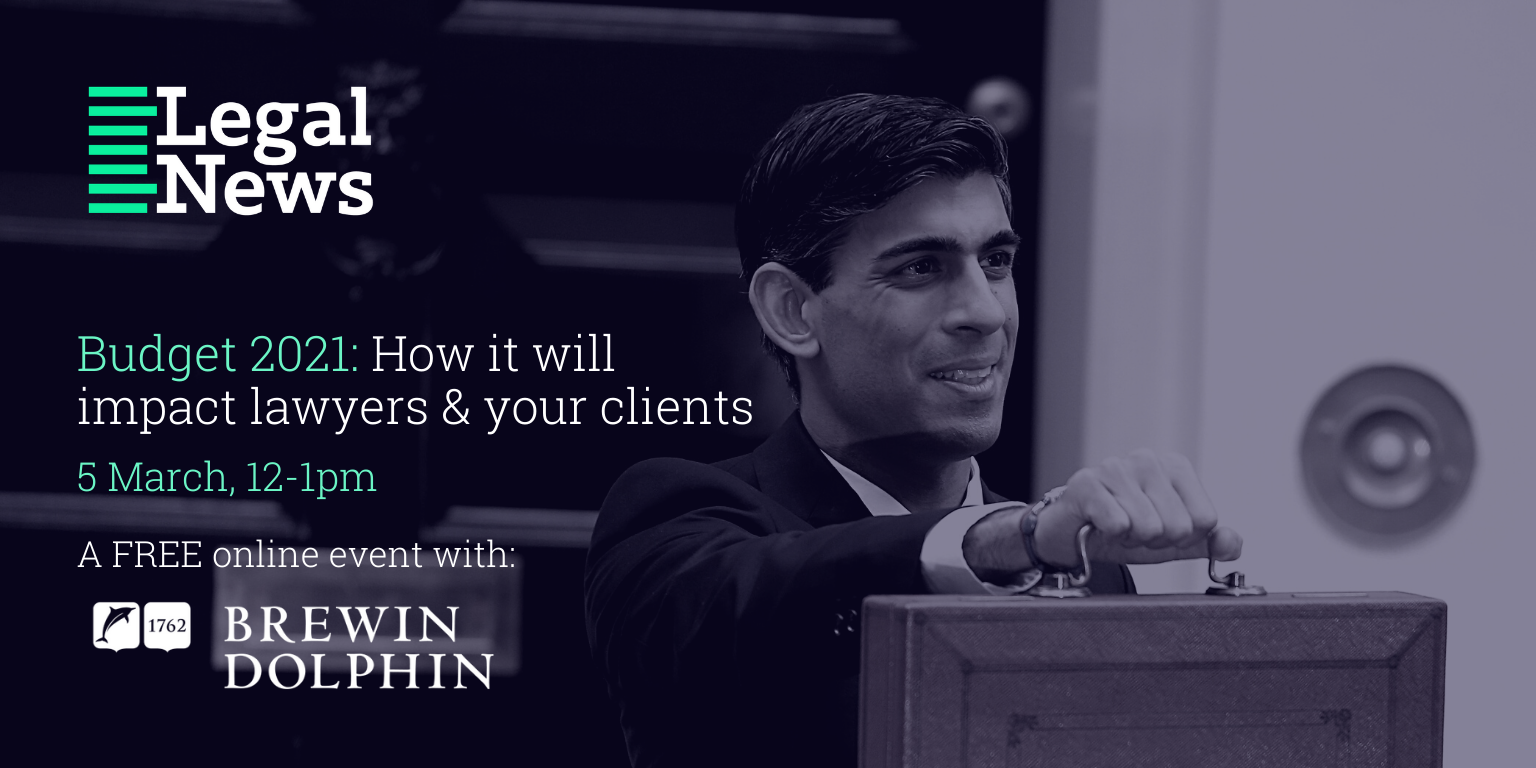Brewin Dolphin’s Cardiff advisors share a short but informative article with Legal News Wales readers on the Lifetime Allowance, which is the limit on which you can build up pension savings without triggering a tax charge. This is one tax where simply avoiding it might make you worse off.
There is a limit to the amount of money you can build up in pensions over your lifetime without triggering a tax charge when you access your retirement pot.
For the 2020/21 tax year, the Lifetime Allowance stands at £1,073,100. How you manage your lifetime allowance will depend on your personal circumstances, financial position, attitude to risk and financial goals, and a financial planner can be particularly helpful with this.
How does the lifetime allowance work?
More people than ever are breaching the lifetime allowance, with the current limit far off the £1,800,000 high back in the 2010/11 tax year. Other than your state pension, this limit applies to all your pensions, including self-invested personal pensions (SIPPs), workplace and occupational pensions and any other personal pensions you may have.
Your lifetime allowance may be greater than the standard amount if you have made use of lifetime allowance ‘protections’ introduced over the years, for example primary, enhanced, fixed, and individual protection.
More information about these can be found at Gov.uk.
Your lifetime allowance comes into play upon the occurrence of a ‘benefit crystallisation event’. The most common events are when you start taking pension benefits, receive a lump sum, purchase an annuity, reach age 75, and when you die. It is at these stages that some or all of your pension savings are tested against the lifetime allowance.
If you access, or ‘crystallise’, pension benefits in excess of the lifetime allowance, the excess will be subject to a tax charge. The rate of this charge depends on how excess benefits are taken; if taken as income the rate is 25%, but if taken as a lump sum it is 55%. Your pension scheme administrator will usually deduct any lifetime allowance tax charge due on your behalf. The rules can seem complex but, again, a financial planner can help clarify your position.
Keeping within the lifetime allowance
These days, it’s not necessarily easy keeping within the allowance or even to know if you are breaching it, as you may have several different pensions with separate providers, or you quickly find that investment growth sees your pension reach the limit.
If you are a member of a defined benefit, or final salary pension scheme, it can be particularly difficult to know exactly where you stand, although there are calculations available online that can be used for these types of pension schemes.
There are ways to manage your pensions if you are approaching the limit, such as considering other types of investments, stopping contributions, or taking your pension benefits sooner than anticipated. But it’s really important to ensure you are taking the right steps for your personal circumstances.

Is it ever wise to pay the tax charge?
If your pension savings are already over the lifetime allowance, or close to exceeding it, it is important to seek advice to properly weigh up the pros and cons of different courses of action. This is where our expert advisers can help.
It may be that you are better off continuing to save into a pension rather than fearing potential tax charges, given the various tax benefits of pensions.
Remember that there is no income tax or capital gains tax (CGT) while your money is invested in a pension, which can significantly boost returns over time. You may also have to give up valuable employer contributions if you stop paying into a workplace scheme.
Pensions can also form a useful part of inheritance tax (IHT) planning, as your beneficiaries can usually inherit your pension fund without this being subject to IHT, or this counting towards their lifetime allowance. Yet if you intend to live off your fund and not pass it on, you may want to consider your options.
Making use of other investments
If you are approaching the lifetime allowance but want to continue saving towards retirement, there are other investments you may want to consider. Of course, there’s your annual ISA allowance, which stands at £20,000 for the 2020/21 tax year. There are also tax-advantaged investments that aim to encourage investment in smaller, or start-up companies, such as enterprise investment schemes (EISs) and venture capital trusts (VCTs).
However, beware that these can be higher risk in nature compared to other investments. It’s essential to understand the risks involved and seek advice where necessary before investing.
Pension planning can be complex, and you want to ensure you don’t face unnecessary charges while also saving enough for a comfortable retirement. Seeking professional financial advice from Brewin Dolphin will ensure you are on the right path and can manage prospective tax liabilities.
Join our FREE online event!
Budget 2021: How it will impact lawyers & your clients?
Brewin Dolphin and Legal News Wales present a free, bite-sized event for lawyers to help explore the impact of this year’s Budget, for lawyers and their clients on Friday 5 March 2021, 12-1pm.
The team at Brewin Dolphin will unpick the key points from this year’s Budget, to help lawyers understand what they mean for you and your clients.
We’ll also host a Q&A session to answer any questions you might have on the impact of the Budget announcements.
Book now
All are welcome to join us. To book your free place at this online event, click here.
_____
Disclaimer
The value of investments and any income from them can fall and you may get back less than you invested. Opinions expressed in this document are not necessarily the views held throughout Brewin Dolphin Ltd. This information is for illustrative purposes only and is not intended as investment advice. No investment is suitable in all cases and if you have any doubts as to an investment’s suitability then you should contact us. Please note that the information in this article is for information purposes only and does not constitute advice. While we believe it to be correct at the time of writing, Brewin Dolphin is not a tax adviser and tax law is subject to frequent change. Tax treatment depends on your individual circumstances; therefore, you should not rely on this information without seeking professional advice from a qualified tax adviser. The information contained in this document is believed to be reliable and accurate, but without further investigation cannot be warranted as to accuracy or completeness.



